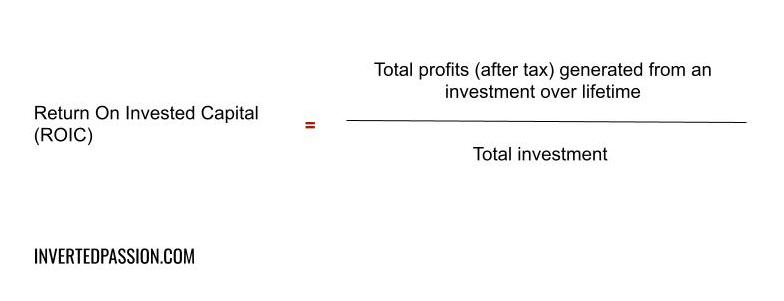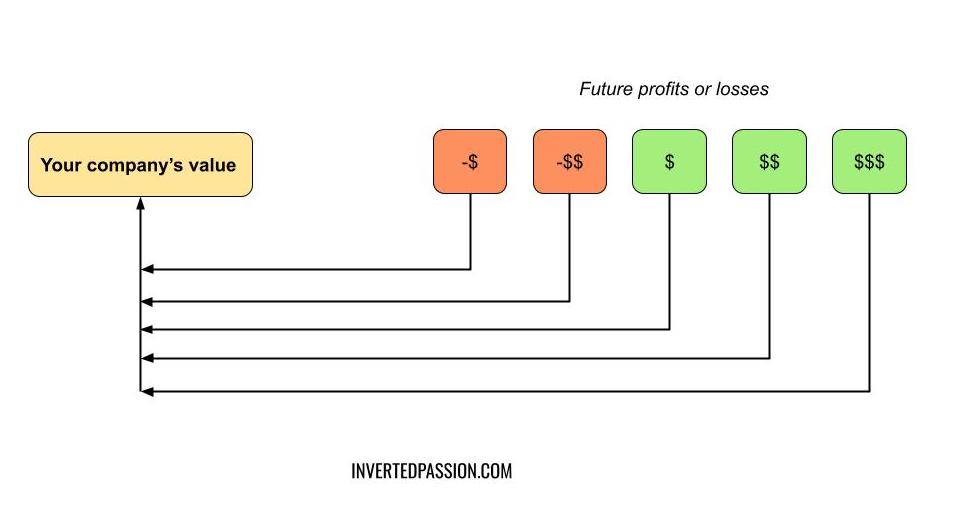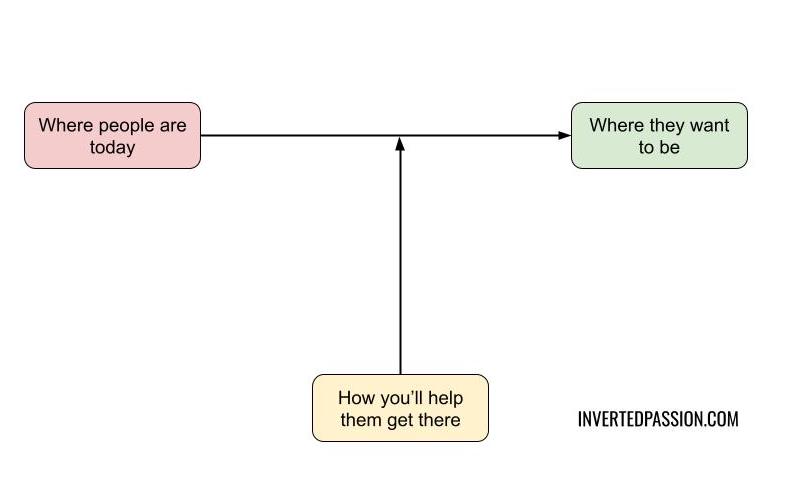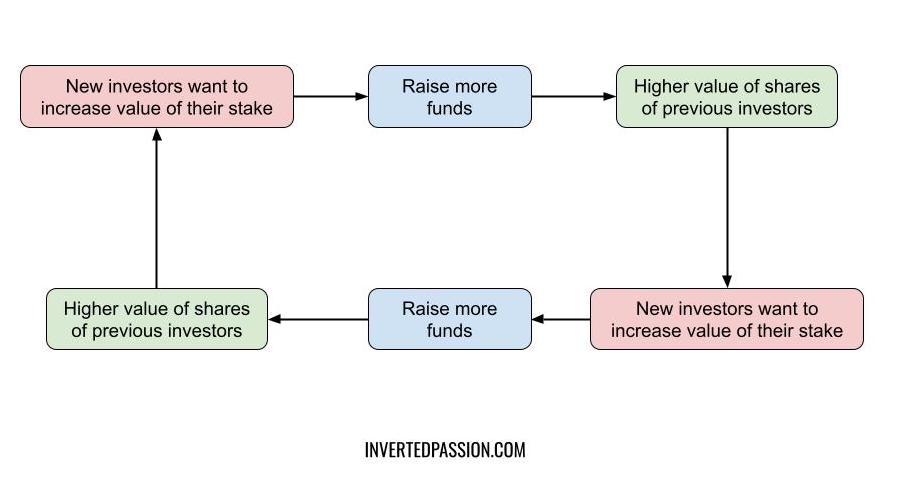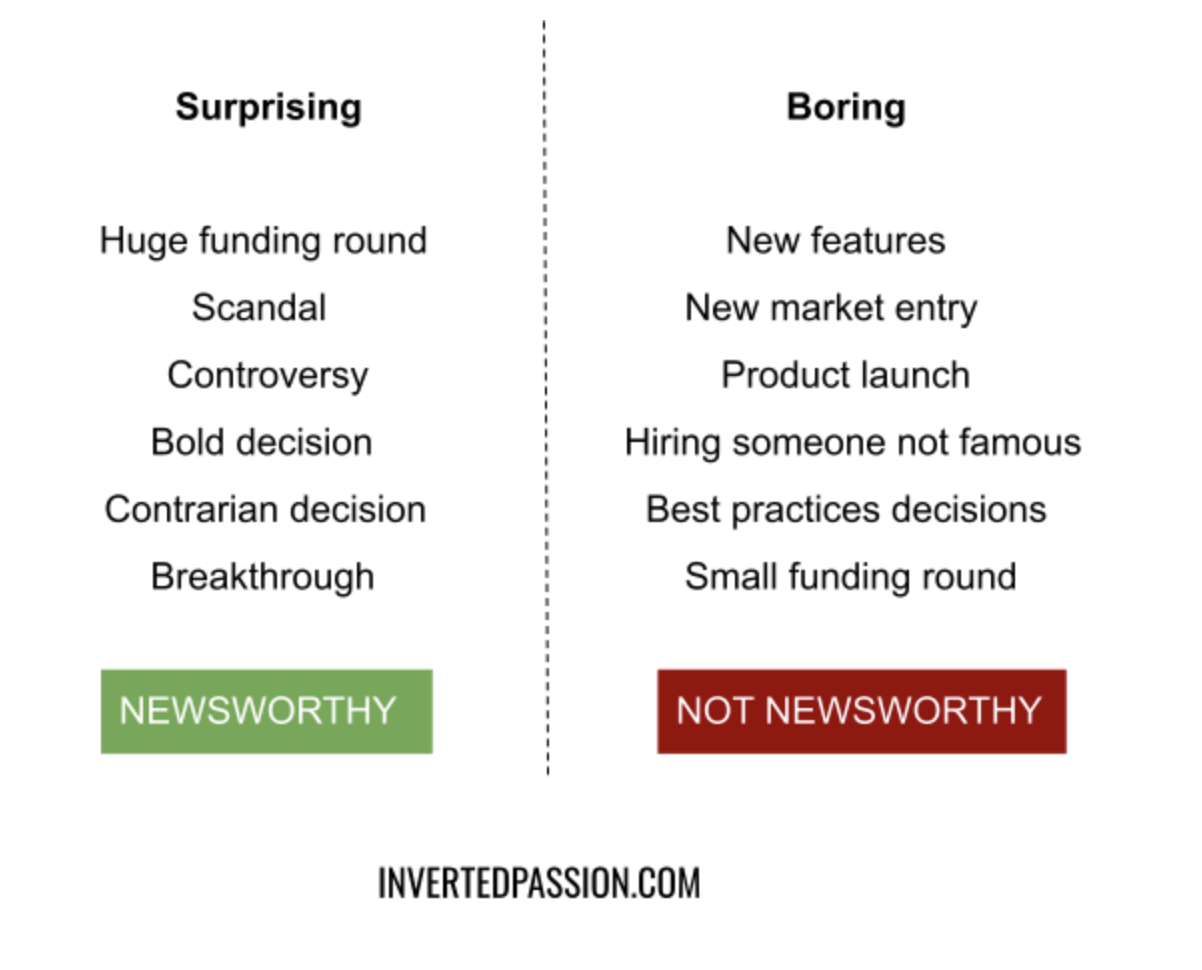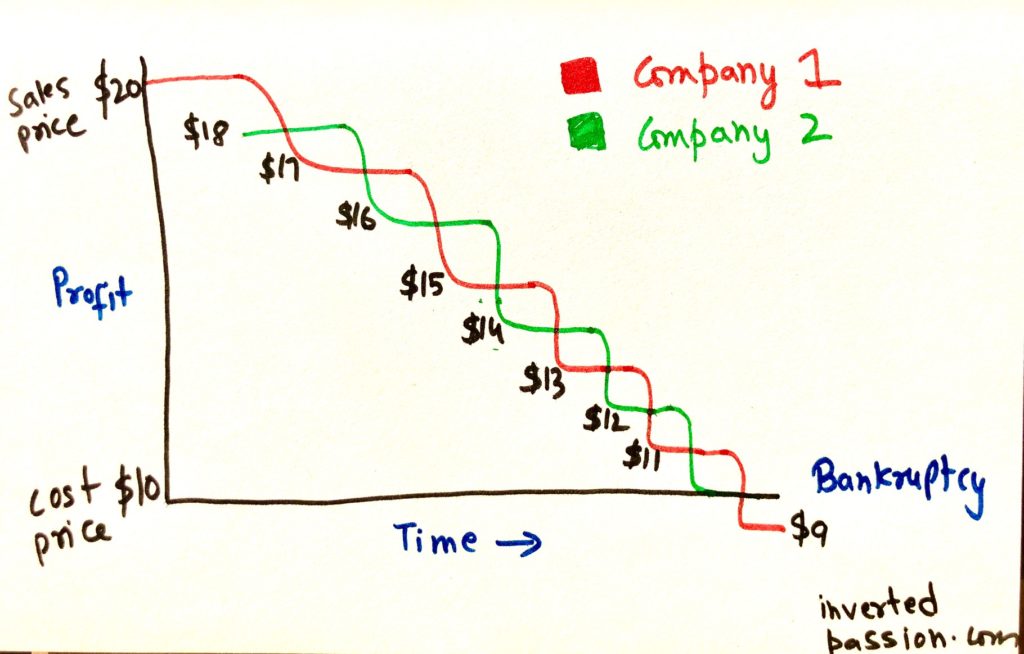Investors will prioritize financial returns over your ambitions
Investors like talking about what makes a good business. You’ll find angels and VCs on Twitter constantly talking about what makes a good team, how to get product-market fit, and many other such aspects of startups.
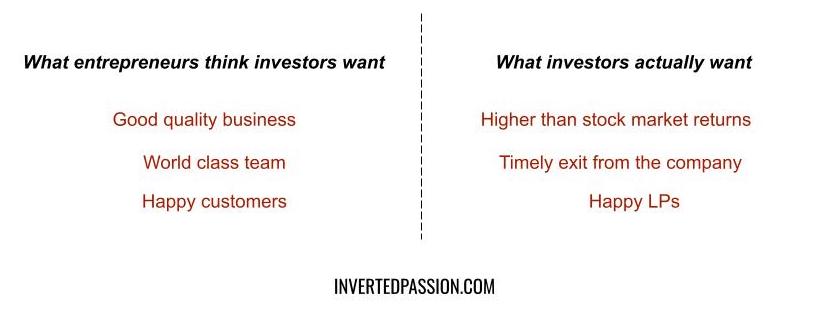
Given the amount of preaching that the investor community does, it is understandable then that many first-time entrepreneurs end up believing that the VC community invests in companies in order to make them better.
There’s some truth to it as investors are incentivized to see their companies improve. But investors invest in a company to get a good financial return in the company. This is a trivial observation but it can be easily overshadowed by the apparent we-exist-to-help-entrepreneurs gyan that is ever pervasive in the VC land. Perhaps the world would be a better place if most VCs openly talk about their own incentives rather than talking about what businesses should be doing. ...
